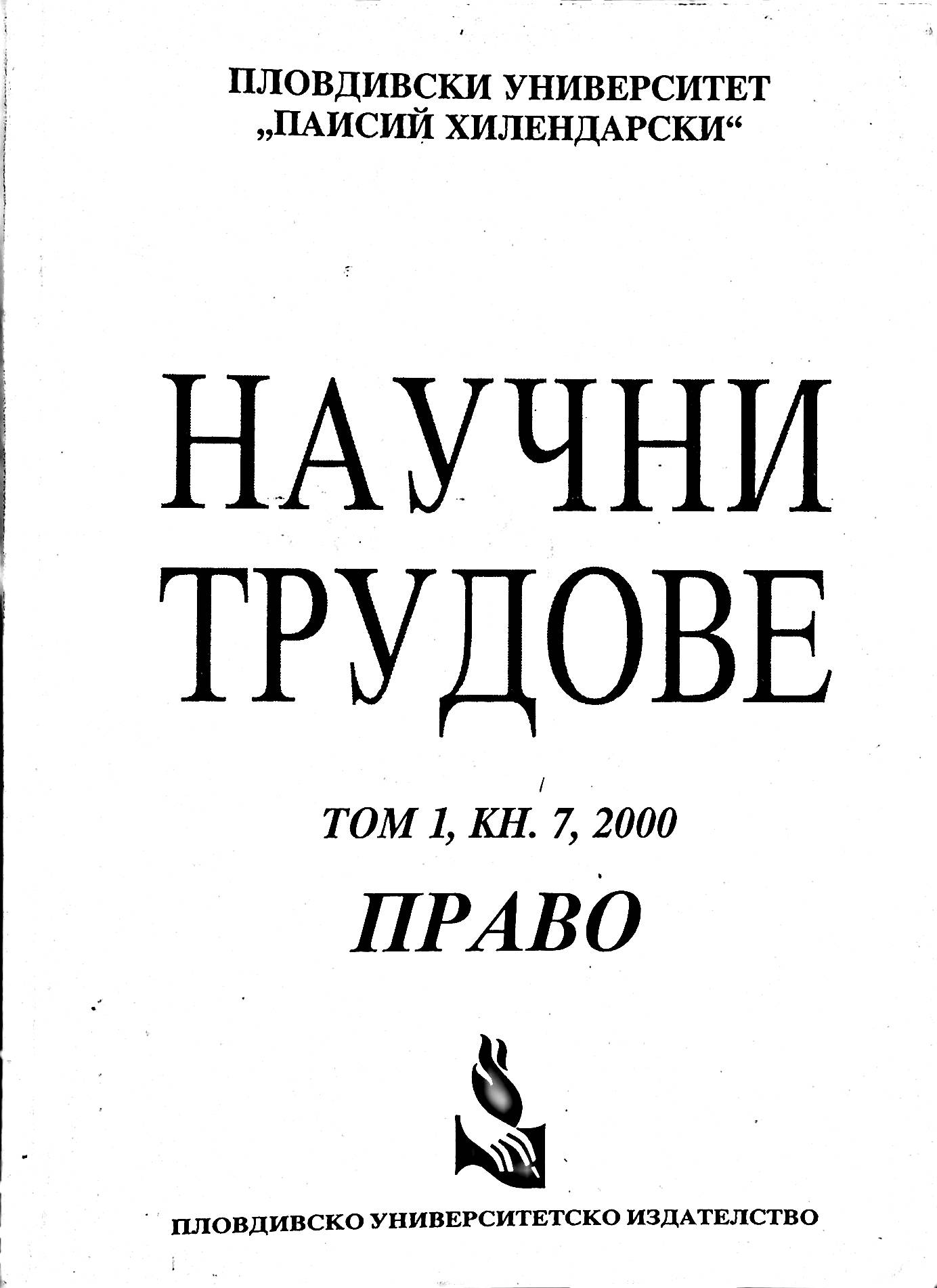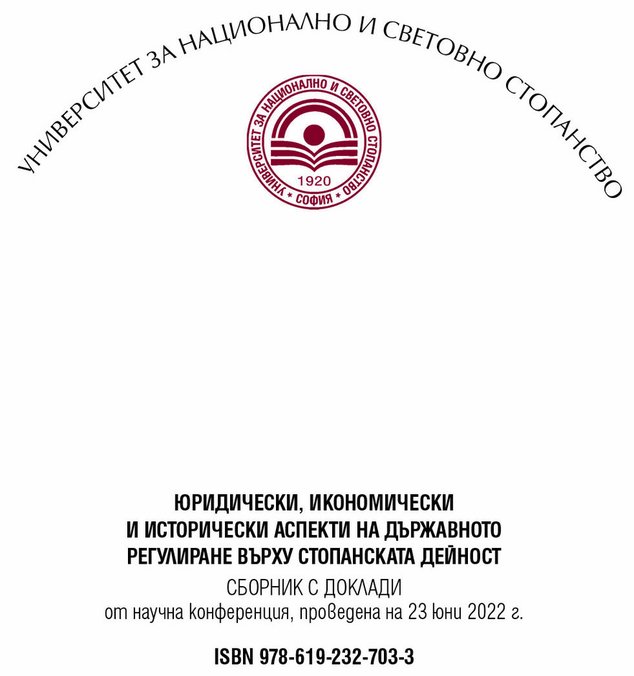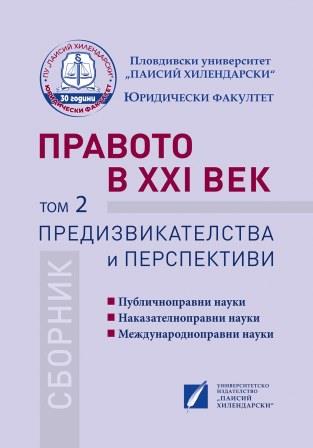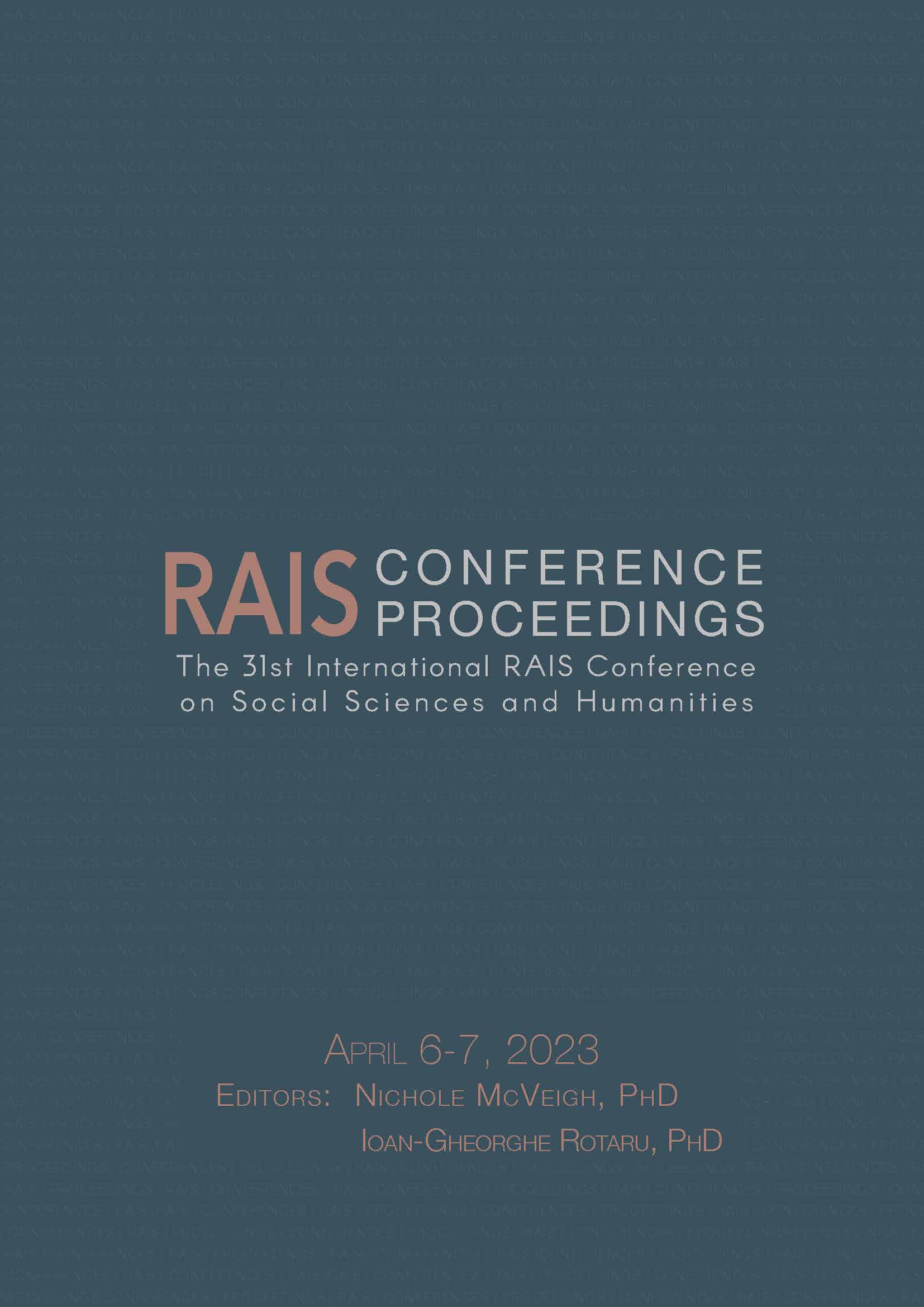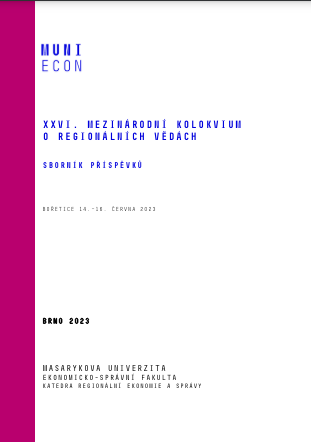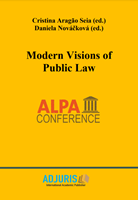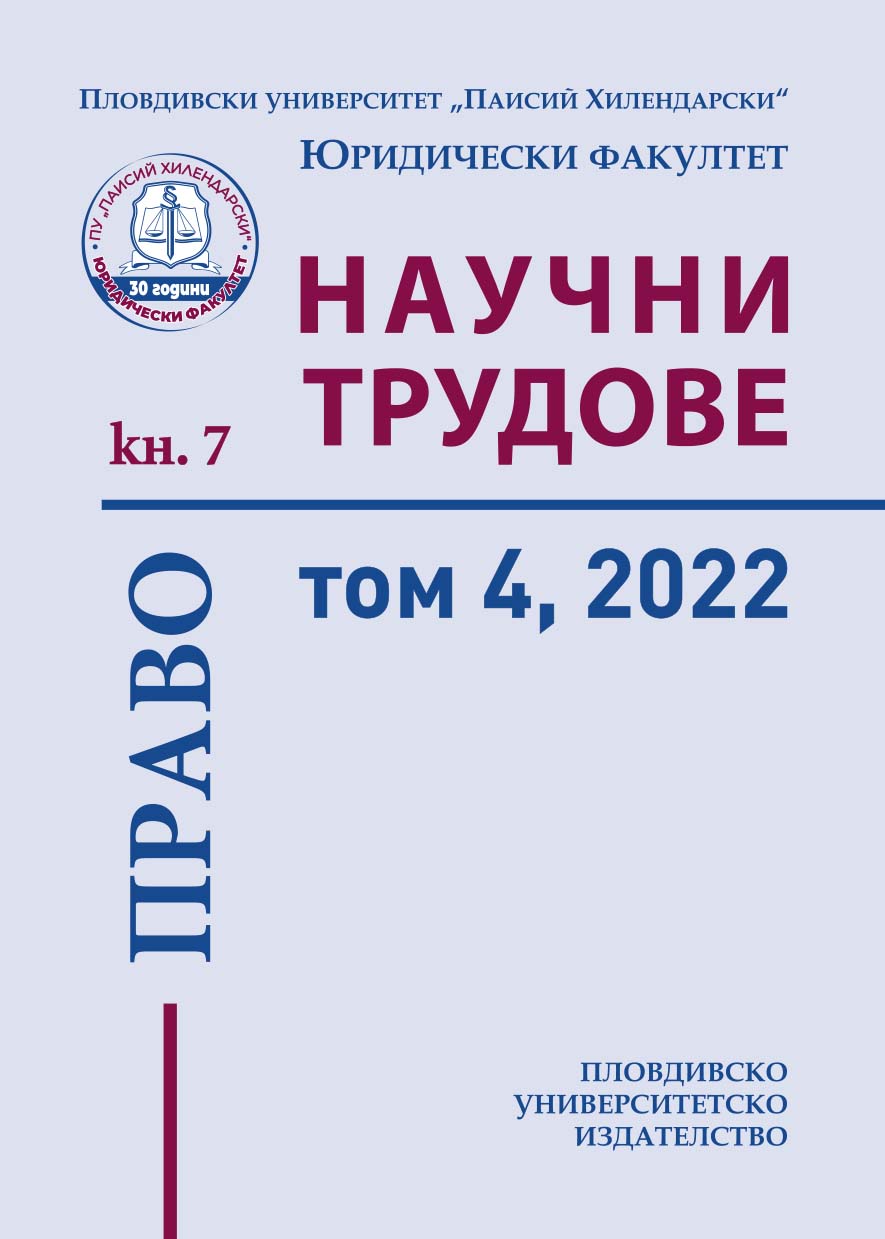
Защита на юридическите лица от дискриминация
The Bulgarian anti-discrimination act provides protection for legal entities, but under certain conditions. The author discusses the issues of the effect of the equality principle on legal entities, how the discriminatory violation can affect the legal entity and how this is reflected in the assessment of the admissibility and the essence of the complaint of discrimination. The violation affects both the legal entity and the natural persons related to it. There is also the problem of the relation of these two groups of subjects to the various grounds for discrimination. The protection regime in the act can be a special administrative proceeding before an administrative jurisdiction or a claim proceeding before a court. The tendency in jurisprudence is the continuous formalization of judicial and administrative proceedings. This reflects on the opportunities for participation and protection of legal entities. The study focuses first on typology of cases where legal entities can be affected by discrimination. Secondly, it provides an overview of the various legal remedies available to these entities to engage in the protection of their own and other subjects’ rights. The cases are taken from the case law and therefore there is a rather broad conceptual difference between the various examples of legal entities “affected by” discrimination and “engaged” in proceedings to defend their rights.
More...
